
The Minister of State in charge of Tertiary Education, Professor Kwesi Yankah, has reiterated government's commitment to boost Technical Vocational Education and Training (TVET) to enable the country to become technologically advanced, especially in the area of artificial intelligence.
That, he noted, would ensure the youth were well equipped with the necessary skills and training relevant for the changing demands on the labour front.
Prof Yankah who was addressing the opening session of a two-day workshop of the Ghana Youth Meeting (GYM), in Accra, on Friday, was optimistic that "Africa would be the biggest loser if it did not anticipate and vigorously prosecute an agenda for job creation, emphasising that the few jobs available were likely to be taken over by an army of robots by 2030".
The workshop, organised by Youth Diplomats of Ghana (YDG), was on the theme: 'Strengthening the human capital of the Ghanaian youth through Sustainable Development Goal (SDG) 4 which highlights the quality of education', to mark the International Youth Day.
It was among other things, aimed at creating an empowering platform for the youth to share ideas on means to become well-equipped with technical know-how to efficiently contribute their quota towards the socio-economic growth of the country.
He explained that, the government was working assiduously to improve the human capital, promote innovation and create new job opportunities for the youth to support the national transformation agenda.
The government agenda to transform TVET, according to Prof Yankah, was meant to raise the value of the sector to offer opportunities for the youth to become entrepreneurs upon completion of their training.
He expressed government's readiness to equip the sector with the necessary equipment and funds to change the mindset of the citizenry, stressing that this would strengthen the linkages between education and industry.
"Tertiary education, equipped with right curriculum and the right skills set, can add to the rich stock of Ghana's job opening and activate idle hands," he added.
Mr Kojo Yankah, founder and Board Chair, African University College of Communication (AUCC), charged the youth to shift attention from grammar education to skills acquisition.
He expressed regret that despite the fact that Ghana was the second largest producer of cocoa in the world and rich with other natural resources, it still lacked the skilled labour to turn raw materials into finished products.
That, according to him had affected the growth of industrialisation.
The "One District, One Factory" initiative, Mr Yankah indicated would not be fully utilised if skills acquisition did not become national priority.
He charged the youth to embrace TVET to take advantage of the African Continental Trade Agreement (AfCTA) policy to enrich the themselves.
The Namibia High Commissioner, Mr Charles Josob, addressing the meeting lauded the government for the implementation of the national policies that could help eradicate poverty and set the nation ahead on competition.
Improvement of education, he said would propel the youth to be self reliant and urged parents to ensure their wards have good basic education.
Read Full Story
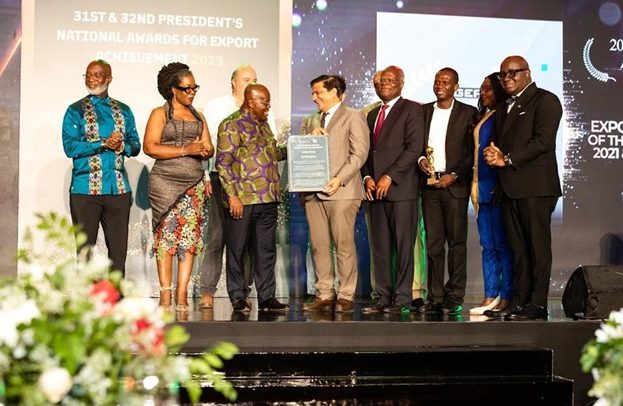
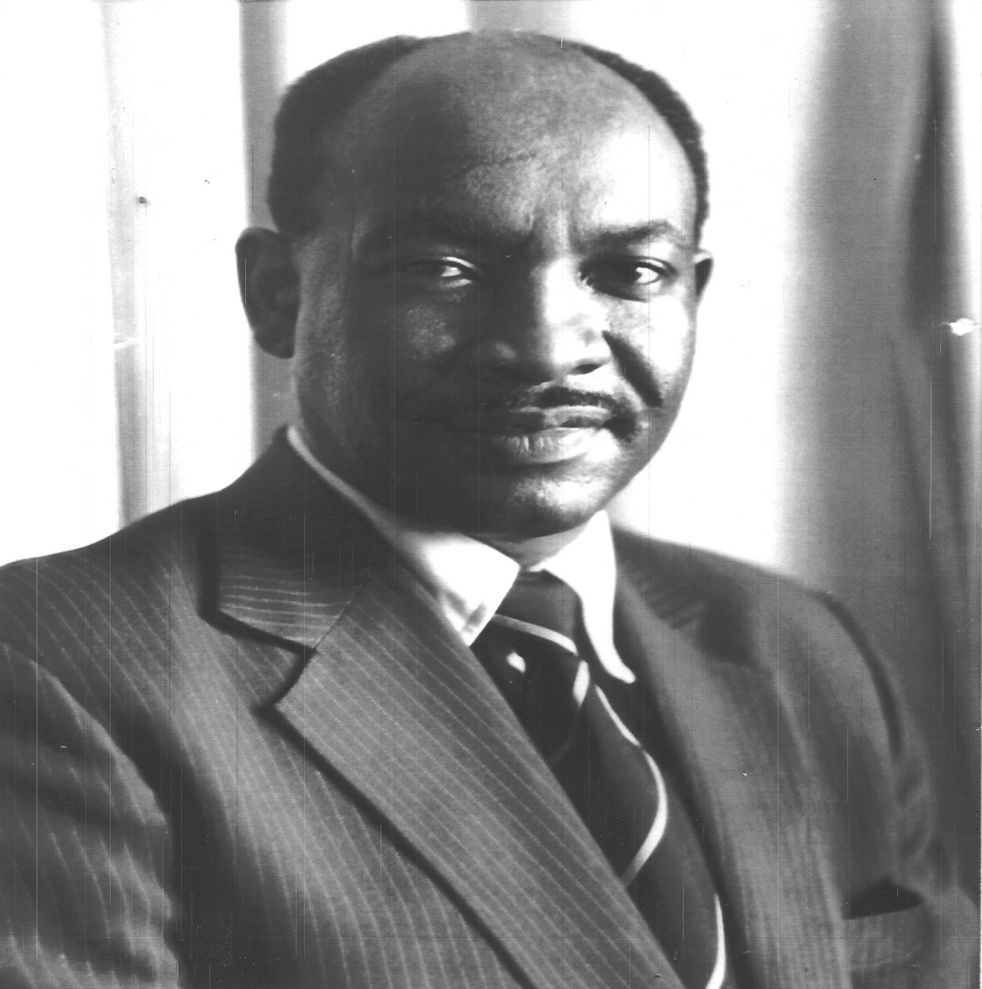

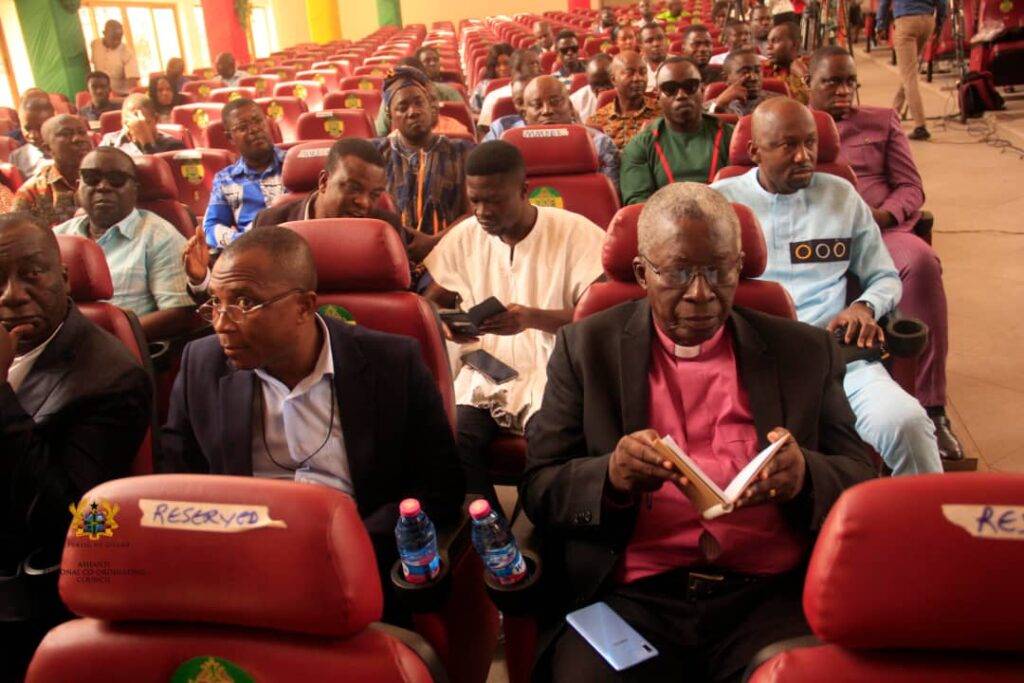
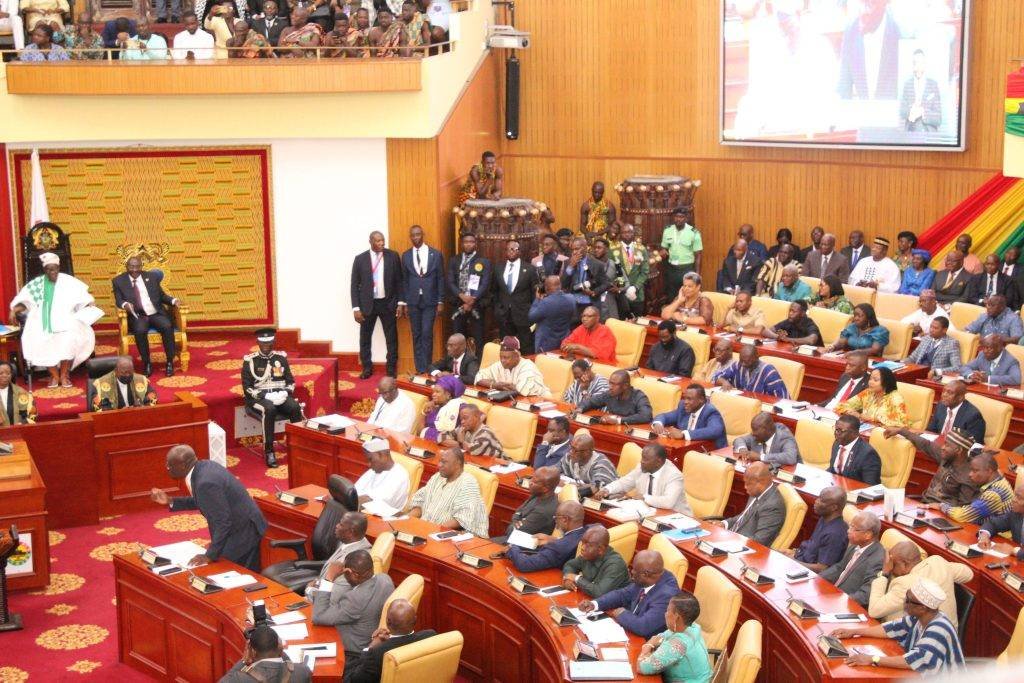







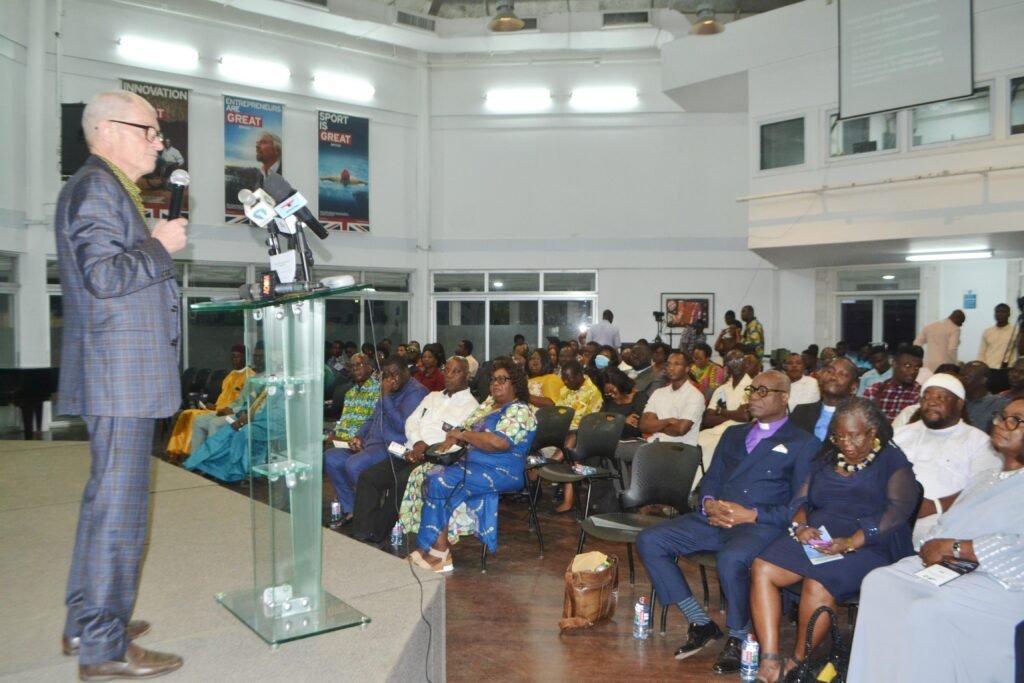





Facebook
Twitter
Pinterest
Instagram
Google+
YouTube
LinkedIn
RSS